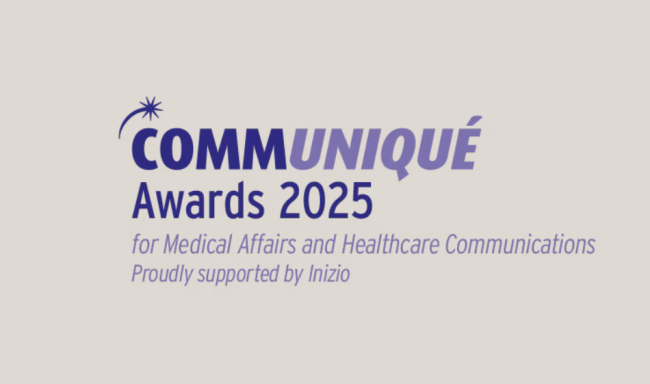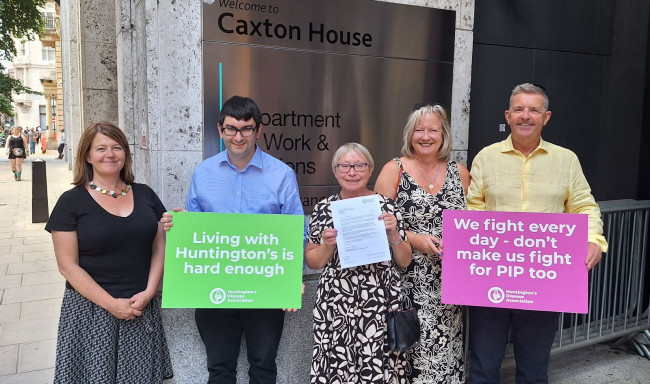We know how important it is to ensure that people with Huntington's disease get the care and support they need. This update shares some of the work we have been doing to strengthen care.
We recently participated in a medical conference and heard from two researchers whose respective findings highlight the importance of having a single point of contact.
Medical Conference
We attended and spoke at the South West Thames Centre for Genomic Medicine’s St George’s Genomics Day on 23 April. The day looked at the role of Clinical Genetics in modern healthcare, exploring how specialists collaborate across disciplines to advance patient care and research in genomics.
Patricia Ribeiro, a Huntington’s Disease Specialist Nurse, and Ruth Sands, our Head of Services, took part in the event at the City St George’s, University of London campus in Tooting; giving a presentation about our partnership working to support people with Huntington’s disease.
Webinar disseminating research
On 10 April we were joined by Sandra Bartolomeu-Pires, who gave a webinar on her Integrate-HD research project into the provision of care for people with Huntington’s disease and the development of a model of integrated care.
Sandra spoke about her important research and was also keen to listen to the views of people with lived experience of Huntington’s disease.
We know that many people struggle with the burden of coordinating their care in addition to managing Huntington’s disease themselves, which is why having a single point of contact is so important.
Sandra’s research of people affected by Huntington’s disease, including family members, found that while 90% (112) of people said it was very important or extremely important to have a care coordinator, fewer than one in five (19%) actually had one. Of those with a care coordinator, 81% reported being somewhat or extremely satisfied with their services.
Watch the webinar:
Research Findings
Earlier in the year, on 26 March, we heard from Dr Catherine Charlwood, Stakeholder Engagement and Impact Manager at the NIHR (National Institute for Health and Care Research) Policy Research Unit in Dementia and Neurodegeneration (DeNPRU Exeter), who spoke to us about research which found that 38% of people with Huntington’s disease live alone.
Such a finding highlights the importance of having a single point of contact, particularly if an individual with Huntington’s disease does not have family or friends within their household. The research included recommendations of care pathways for Huntington’s disease that include consideration of the needs of people living alone, as well as a NICE (National Institute for Health and Care Excellence) guideline for Huntington’s which includes consideration of an individual’s living situation.
Campaigning: Strengthening Care
We are working hard to improve health care for people living with Huntington's disease. We’re providing training and developing guidelines for health professionals on how to offer effective support.




